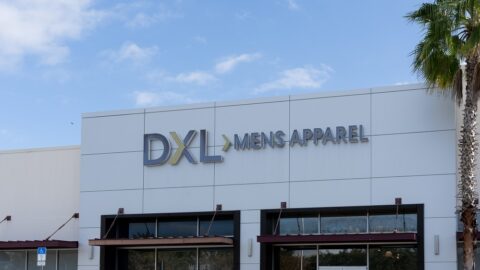 Online sales reached new heights during the 2014 holiday season, increasing 15% year over year to $48 billion from $42 billion, according to comScore. As more consumers browse and buy online, retailers have received pressure to ensure packages are delivered successfully.
Online sales reached new heights during the 2014 holiday season, increasing 15% year over year to $48 billion from $42 billion, according to comScore. As more consumers browse and buy online, retailers have received pressure to ensure packages are delivered successfully.
Apple, Dell, Nordstrom and Zappos were the organizations that ensured prompt order delivery, making them the winners of the 2014 holiday season, according to research from StellaService. These four retailers provided an ordering deadline of December 23 and guaranteed that any packages purchased online on or before that date would be delivered by Christmas Day. Although the retailers offered the latest cutoff date among their major retail competitors, every one of them delivered packages on time.
“Retailers did a nice job this year on fulfillment,” said Kevon Hills, VP of Research at StellaService. “You saw many of these packages leave the warehouse the same day the order was placed, which is the best effort the retailer can make. Everyone seemed to learn from last year’s woes and make the proper improvements.”
Flexibility Wins Out
The increasing number of orders placed during the holiday season encouraged retailers to offer more flexible shipping capabilities. Dell, Estee Lauder and Nike all extended their cutoff dates to give shoppers more time to find and purchase their gifts. Even with this extension, every gift was delivered on time.
But not all retailers were able to adapt and succeed. Nine of the 40 retailers involved in the study missed a delivery to at least one region, totaling 7% of all packages delivered. These retailers were Best Buy, Costco, Crate & Barrel, J.C. Penney, Kohl’s, Macy’s, Staples, Toys “R” Us and Wayfair. Staples and Toys “R” Us missed the delivery deadline in multiple regions, while Staples cancelled an order without notifying the shopper.
Order cutoff dates varied for the late packages, ranging from December 17 (Costco) to December 23 (Staples). Products were shipped as early as December 17 (Costco) and as late as Christmas Eve (J.C. Penney).
UPS was the preferred carrier (59%) among analysts participating in the study, followed by FedEx (34%). Overall, 10 packages were delayed, with eight of them being shipped via UPS and six being delivered to the southern U.S. Predictably, given the season, more packages were delivered with expedited shipping (56%) than through standard or economy options (41%).
UPS Ground (25%) being the most preferred method among participants. FedEx Home Delivery, FedEx Standard Overnight, UPS 2nd Day Air and UPS Next Day Air Saver all had equal popularity at 14% each.













